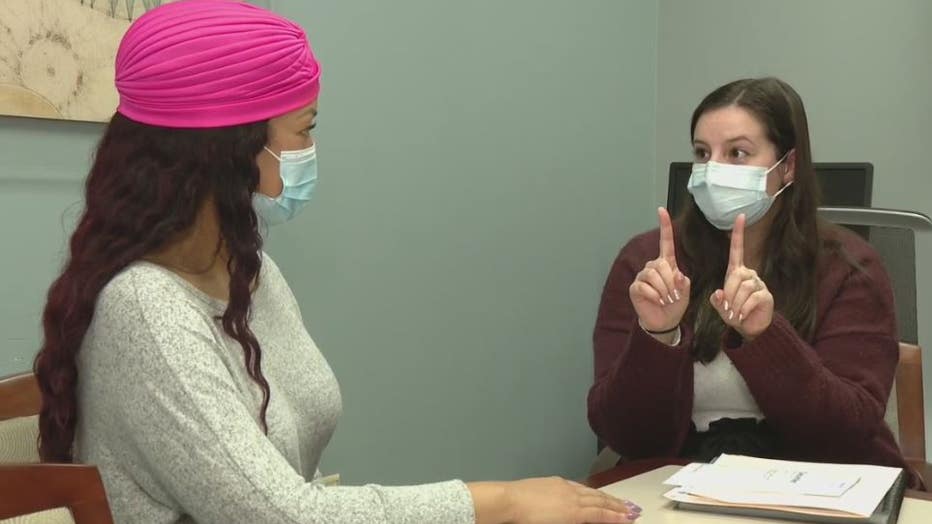Genetic testing for those with cancer in their family's history may save your life

Genetic testing key for those with family histories of cancer
Excluding skin cancers, colorectal cancer is the third most common cancer diagnosed in adults in the United States.
FOX 2 (WJBK) - Excluding skin cancers, colorectal cancer is the third most common cancer diagnosed in adults in the United States.
Prevention is key and for Sarina Oden that started with this simple question:
"You know how’s your family doing?" she said.
When Oden’s primary care doctor asked her that, there happened to be a lot going on with them.
"My dad had prostate cancer and colon cancer and my mom also has leukemia," she said.
Because Oden has a lot of cancer in her immediate family, her doctor recommended genetic testing and that’s how she found out she has Lynch Syndrome - which is the most common cause of hereditary colon cancer.
"We can take appropriate measures for early detection, closer surveillance, and really prevent her from ever getting a colon or other Lynch Syndrome-related cancer," said Dr. Dana Zakalik, Corewell Health.
The next step was getting a colonoscopy before the American Cancer Society’s recommended age of 45. Doctors removed three polyps - that were thankfully benign.
"Being more proactive in my health, it’s like a map for what I need to do for me," she said.
Genetic testing starts with taking a family and personal history. A tube of blood is drawn for sequencing, patients meet with a genetic counselor. Some patients with certain genetic predispositions for cancer may start having colonoscopies as young as 20 or 25 years old.
For more information on genetic testing with Corewell Health GO HERE.


